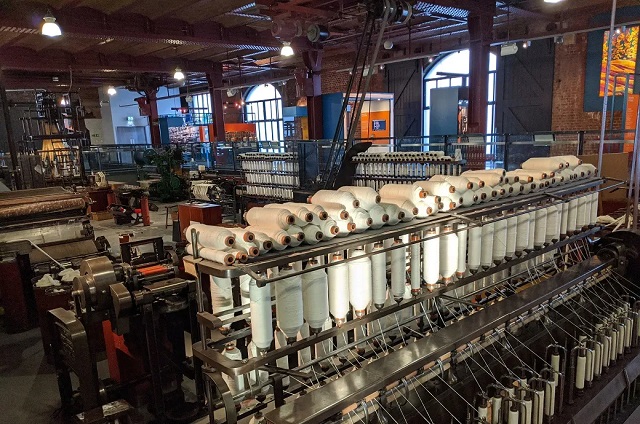Manufacturing output volumes in the UK continued to decline in the quarter to June, falling at a similar pace to the previous quarter, according to the latest Industrial Trends Survey by the Confederation of British Industry (CBI). The weighted balance came in at -23%, slightly improved from -25% recorded in the three months to May.
Despite the ongoing downturn, manufacturers expressed cautious optimism that the pace of decline would ease in the coming months. Firms forecast a smaller contraction in output of just -5% over the quarter to September.
The decline was widespread, with 14 out of 17 sub-sectors reporting reduced output, most notably in chemicals, metal products, and mechanical engineering. Total order books weakened further to a balance of -33%, compared to -30% in May, and well below the long-run average of -14%. Export orders also remained subdued at -26%.
Selling price inflation expectations eased in June, dropping to 19% from 26% in May. However, price pressures remain elevated, with inflation forecasts still significantly above the long-run average of 7%. Stocks of finished goods were deemed more than adequate at 6%, although this too fell below the long-run norm of 12%.
Ben Jones, lead economist at the CBI, emphasized the broader challenges facing the sector: “The UK’s manufacturing sector is under significant pressure, contending with high energy costs, rising labour costs, pervasive skills shortages, and a volatile global economic environment. With departmental budgets now set following the Spending Review, businesses are looking to the government to dismantle barriers to growth ahead of the Autumn Budget.”
He welcomed recent government strategies aimed at long-term growth and highlighted the potential of a US-UK trade deal to reduce tariff risks, particularly for sectors like automotive and aerospace. He also noted British Steel’s agreement to supply 337,000 tonnes of rail track as a positive step for industrial confidence.
Jones urged policymakers to translate long-term plans into immediate support, particularly through energy cost relief, reforms in the skills levy, and fast-tracking technology adoption to enhance productivity.






